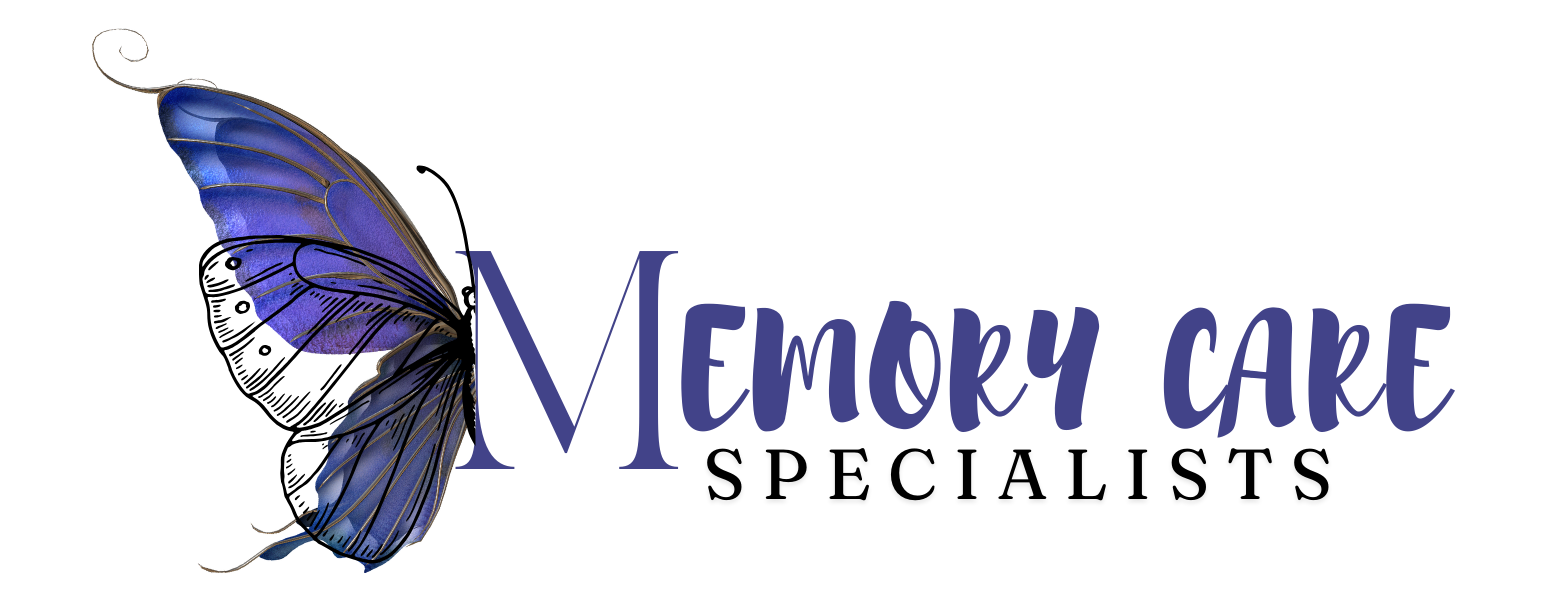Aging is a natural part of life’s journey, bringing with it a multitude of experiences and challenges. One of the most common and often poignant aspects of growing older is the gradual decline in cognitive functions, including memory. While memory struggles are a natural consequence of aging, they can be a source of frustration, anxiety, and even fear for many individuals. In this blog, we will explore the intricate maze of memory struggles that accompany the aging process and discuss strategies for aging gracefully while maintaining mental acuity.
The Aging Brain: What’s Happening?
As we age, various changes occur within the brain that affect memory and cognitive abilities. Understanding these changes can help us better navigate the path of memory struggles.
- Brain Shrinkage: One of the most noticeable changes in the aging brain is a decrease in brain volume. This can affect the processing speed and efficiency of our memory.
- Neurotransmitter Changes: The brain’s neurotransmitter levels, responsible for transmitting signals between neurons, may decrease with age, affecting memory function.
- Blood Flow and Oxygen: Reduced blood flow to the brain can impair cognitive function and memory retention.
- Hippocampus Decline: The hippocampus, a crucial region for forming new memories, tends to shrink with age, leading to difficulties in creating and retrieving memories.
Navigating the Maze of Memory Struggles
Now that we understand some of the underlying changes in the aging brain, let’s explore strategies for gracefully navigating the maze of memory struggles.
- Stay Mentally Active: Engaging in mentally stimulating activities like puzzles, reading, or learning new skills can help keep your mind sharp.
- Physical Exercise: Regular physical activity improves blood flow to the brain and supports cognitive function.
- Healthy Diet: Eating a balanced diet rich in antioxidants, omega-3 fatty acids, and other brain-boosting nutrients can support cognitive health.
- Social Interaction: Maintain strong social connections to keep your brain engaged and reduce the risk of cognitive decline.
- Sleep: Prioritize good sleep hygiene, as quality rest is essential for memory consolidation.
- Mindfulness and Stress Reduction: Chronic stress can negatively impact memory. Practices like mindfulness meditation can help manage stress and enhance cognitive function.
- Medication and Supplements: Consult a healthcare professional before considering any supplements or medications designed to enhance memory, as their effectiveness can vary.
Embracing Forgetfulness as a Part of Life
It’s important to remember that some level of memory decline is a normal part of aging. Instead of viewing it as a source of frustration, we can choose to embrace it as a reminder of the richness of life experiences. Celebrate the wisdom gained from years of learning, and don’t be too hard on yourself when you misplace your keys or forget a name.
Aging gracefully is about more than just physical health; it’s also about maintaining mental well-being. While memory struggles are an inevitable part of growing older, they need not define our aging experience. By staying mentally and physically active, fostering social connections, and accepting memory lapses as part of life’s tapestry, we can navigate the maze of memory struggles with resilience and grace. Remember, the journey of aging is a gift, and every memory, both remembered and forgotten, contributes to the beautiful mosaic of our lives.
